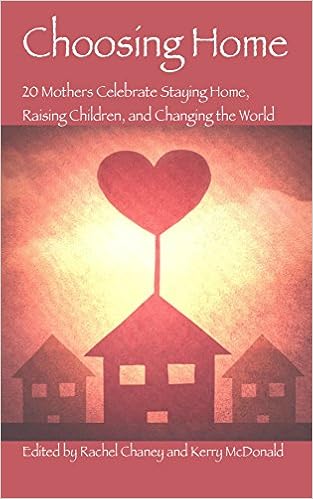Thursday, September 21, 2017
Self-Directed Education Is Instinctual
When my older daughter was born I knew nothing about parenting. Once we were settled in our hospital room after birth, I actually asked the nurses if I had permission to pick her up! Needless to say, I was very green when it came to parenting and babies.
Those first few days of new motherhood were overwhelming and filled with self-doubt until I met a lactation consultant/nurse who forever changed the course of my parenting. I am quite certain I would be a very different parent and have a very different life if it wasn't for her guidance and support. What miracle did she perform?
She taught me to listen to my baby and trust my powerful parenting instincts.
From then on, I stopped listening to so-called experts who told me that my baby should only nurse every two hours and I started feeding her on-demand, whenever she wanted to, which in those early weeks was all the time. I stopped placing her in a lonely crib where she never slept well, and instead brought her into our bed where she slept peacefully--and so did we. I put the stroller in the basement and wore her everywhere in the sling. I listened to my baby and unlocked those ancient parenting instincts I didn't even know I had.
Six months later I happened to be reading an article that explained the key tenets of Attachment Parenting. As I read the list, I realized that I was doing all of those things: baby-wearing, bed-sharing, on-demand breastfeeding, being responsive to baby's cries. My instinctual parenting practices actually had a name--and a wealth of resources and research to go with it!
The same is true for Self-Directed Education. While I had been interested in alternative education and homeschooling since college and graduate school, it wasn't until I watched my own children learn and grow naturally, and saw the incredible things they were able to do without being taught, that I began to wonder about learning without schooling. Sure enough, I realized that this natural learning process I witnessed in my own children had a name and an entire body of historical and contemporary research to accompany it.
The key advantage of Self-Directed Education is that it empowers parents and children. Parents learn to trust their children's natural learning instincts while tapping into their own instincts about how to best nurture their children's growth. Children learn to trust themselves, retaining their innate creativity and desire to explore and understand the world around them. Parents provide freedom and opportunity, children follow their interests and passions. And the vast resources of both real and digital communities support both parents and children in this process.
In our media-saturated culture, with opinions and theories and tips and advice bombarding us from every corner, we can take comfort in the simple and time-honored practice of trusting our children and ourselves. We can follow our own instincts and allow our children to follow theirs, watching as they learn and discover and create without coercion. We can use Self-Directed Education resources--not to tell us what to do--but to validate what we already know and do.
We can listen to our children and to our powerful parenting instincts.
Subscribe to:
Post Comments (Atom)
























I agree that we should listen to our children and our parenting instincts and I also think that it can be incredibly difficult to discern what's real instinct and what's popular culture or media-created instinct.
ReplyDeleteIn the course of just one generation we've reshaped childhood because a series of high-profile abductions in the late 80s/early 90s. Before the 80s, kids could just go play and parents didn't think anything of it. Now, a parent's instinct--deeply felt within his or her body--is that it's not safe for kids to play alone outside, even if the data says that they're less likely to be the victim of a crime than they were in the 1970s.
So if it's hard to tap into one's instinct on child safety, I imagine it can be even harder on learning because compulsory education has been around so much longer than lack-of-free-range-parenting (not sure what to call it!)